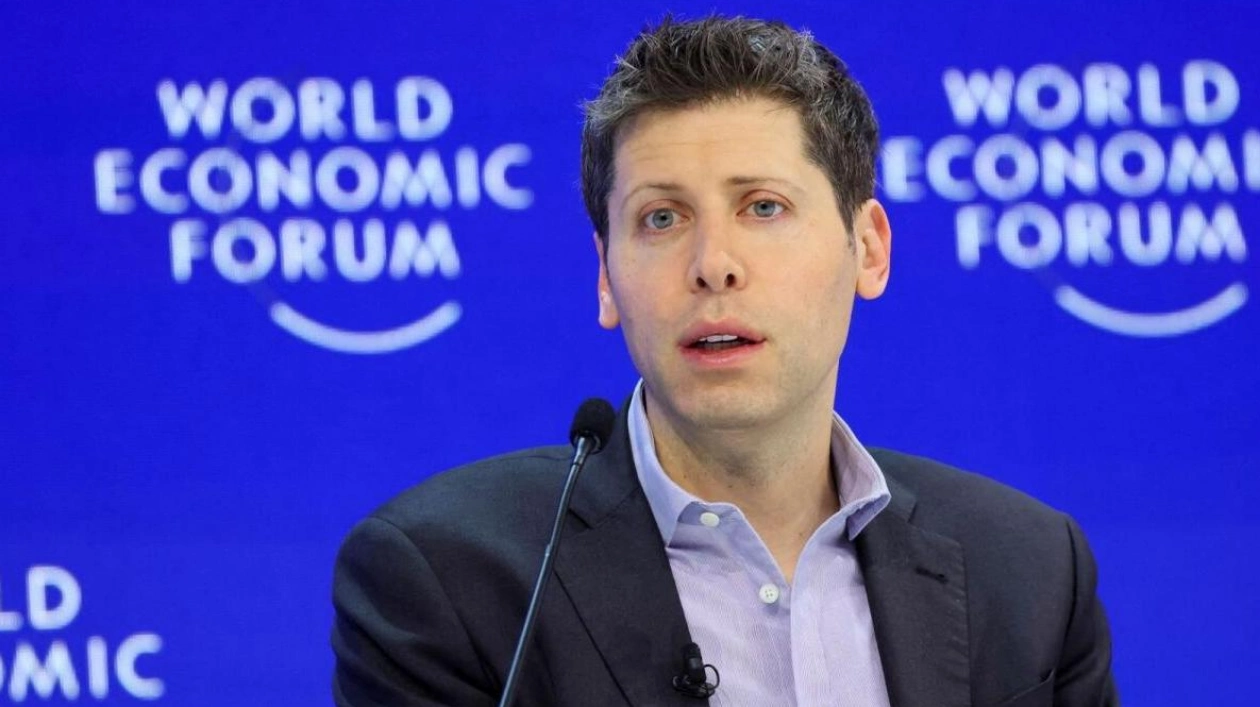Google is confronting a more significant challenge from Sam Altman's OpenAI, even as it awaits the decision of antitrust regulators in Washington on how to balance the internet search market. The US ruling on Monday, which declared Google's search monopoly illegal, is seen as a major victory for regulators. However, the growing use of AI tools, including OpenAI's popular ChatGPT chatbot, is already diminishing Google's control, according to sources, investors, and analysts.
"I believe AI is currently more critical for Google than the ruling. AI is fundamentally altering how the search product functions," stated Arvind Jain, a former Google engineer who spent a decade working on products like Search. Jain, who now heads an enterprise search firm called Glean, noted that AI's effects are immediate, unlike those from rulings that are often appealed and take a long time to impact the market.
Google has long been synonymous with search, holding about 90% of the global market share and generating approximately $175 billion annually through this business. Even Apple, which typically develops all software and much of the hardware for its devices, has permitted Google to be its default search engine for a substantial fee. However, the era of preferential treatment for a fee is ending even before the resolution of multiple antitrust court cases. Apple has announced a partnership with OpenAI to integrate ChatGPT into its upcoming devices, emphasizing the non-exclusive nature of the deal and the possibility of including Google as another partner.
A ruling against Google could accelerate Apple's shift towards AI-powered search services, if it must terminate its search agreement with Google, analysts suggest. Microsoft-backed OpenAI announced last month that it is entering the search market with a gradual launch of SearchGPT, an AI-powered search engine with real-time internet information access.
A former senior Google executive predicted, "AI will advance more rapidly than the DOJ's actions against Google. The monopoly will end, in other words, the speed at which AI will dominate search." Both former Google executives and numerous Wall Street analysts concur that Google possesses the necessary resources to lead in AI—a large language model for training its AI and a search engine. However, Google's efforts appear fragmented in the face of OpenAI's aggressive approach, which is attracting younger users.
The popularity of generative AI took Google by surprise. Although it was the originator of foundational research in this technology, it did not release a consumer product until long after ChatGPT became the fastest-growing consumer app in early 2023. "The greatest threat to Google might be Google itself—trust is crucial for AI adoption, and its initial missteps with Search Overviews indicated that Google's engineers were more focused on rapid releases than accuracy as they try to keep pace with OpenAI and others," said Rebecca Wettemann, CEO and principal analyst at research firm Valoir.
Wettemann referred to Google's AI Overviews, a new feature using AI to answer search queries that appear before links. It faced criticism from publishers observing a decline in referral traffic from Google and was faulted for errors such as advising users to eat glue and falsely claiming Barack Obama was a Muslim. Google reduced the feature earlier this year.
Gil Luria, an analyst at D.A. Davidson, sees the regulatory scrutiny and the AI threat as interconnected. "Part of the reason (the DOJ) is targeting Google's business practices is that the market is indeed in flux now, and they want to ensure Google does not extend its current market dominance." While the antitrust ruling may not significantly impact Google immediately, it should encourage more players in the search market, according to Richard Socher, CEO and founder of AI search engine startup You.com and former chief scientist at Salesforce. He added, though, that ending Google's dominance in search will be "very hard."
"No one has truly made a significant impact on Google's search dominance yet... we'll have to see if this will be another domino piece that will fall into place to actually provide consumers with some more choices, real choices."






